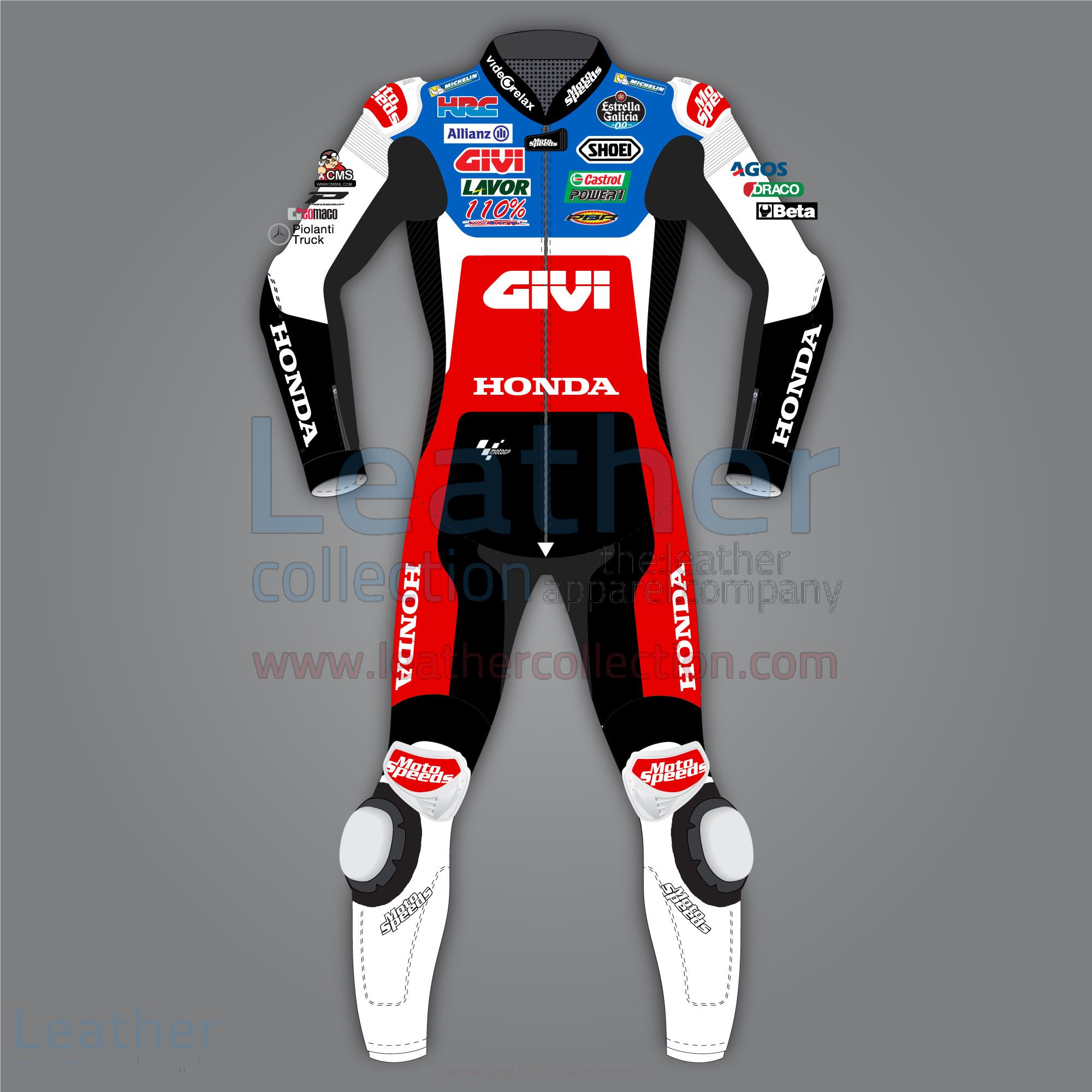Fashion Rhymes: Unraveling the Story Behind Hip Hop’s T-Shirt Trends

In the dynamic and vibrant realm of hip hop culture, fashion has always been a crucial component. Among the multifaceted expressions that define this genre, the humble T-shirt emerges as a potent canvas for self-expression, serving as a medium through which both artists and fans articulate their identities, affiliations, and beliefs. This article embarks on an exploration of the narrative behind hip hop’s T-shirt trends, tracing their evolution, significance, and enduring influence.
The Roots of Hip Hop T-Shirt Culture
Hip Hop’s Early Days: The genesis of hip hop culture in the 1970s, primarily within the boroughs of New York City, heralded a movement characterized not only by its music but also its dance, art, and fashion.
Hip hop t-shirts swiftly emerged as a pivotal element within this burgeoning scene, providing individuals with a blank canvas upon which they could express their unique style and allegiance to the culture.
DIY Aesthetics: At the heart of hip hop T-shirt culture lay a distinct do-it-yourself ethos. Artists and enthusiasts alike embraced the opportunity to customize their shirts with bold graphics, graffiti-inspired designs, and clever slogans, reflecting the raw energy and ingenuity of the streets.
The Rise of Branded Merchandise
From Street to Mainstream: As hip hop ascended into the mainstream consciousness throughout the 1980s and ’90s, artists began capitalizing on their burgeoning fame by launching branded merchandise lines.
From iconic logos to album cover art, these T-shirts not only functioned as fashion statements but also served as potent marketing tools, solidifying the symbiotic relationship between hip hop and consumer culture.
Collaborations and Limited Editions: The convergence of hip hop artists and fashion brands gave rise to a proliferation of collaborative endeavors, resulting in limited edition T-shirts that swiftly attained coveted status among collectors.
These collaborations blurred the boundaries between music and fashion, showcasing the interplay between these two industries in shaping contemporary culture.
T-Shirts as Cultural Signifiers
Identity and Representation: Within the hip hop community, T-shirts serve as powerful symbols of identity and representation. Whether adorned with images of iconic artists, conveying political messages, or paying homage to urban culture, these garments communicate a profound sense of belonging and solidarity among aficionados.
Social and Political Commentary: Hip hop T-shirts have long served as a platform for social and political commentary, providing artists with a means to amplify their voices and engage with pressing issues facing their communities.
From advocating for racial equality to critiquing systematic injustice, these garments serve as tangible manifestations of hip hop’s commitment to social consciousness and activism.
Contemporary Trends and Innovations
Streetwear Revolution: In recent years, the resurgence of streetwear has ushered in a new chapter in hip hop fashion, with T-shirts continuing to occupy a central role within this movement.
Designers draw inspiration from hip hop’s rich visual lexicon, crafting innovative designs that resonate with a new generation of enthusiasts while paying homage to the genre’s storied legacy.
Sustainability and Ethical Fashion: As awareness surrounding environmental and social issues burgeons, there has been a discernible shift towards sustainable and ethical fashion within the hip hop community.
From the utilization of organic cotton to the adoption of eco-friendly printing methods, artists and brands alike are increasingly cognizant of the ecological footprint of their merchandise, striving to align their practices with principles of environmental stewardship.
The Influence Beyond Fashion
Educational and Inspirational: Hip hop T-shirts have not only shaped fashion trends but have also played a role in education and inspiration. Many designs carry messages of empowerment, resilience, and creativity, serving as reminders of the genre’s cultural impact and legacy.
Global Reach and Cultural Exchange: The popularity of hip hop T-shirts has transcended geographical boundaries, serving as symbols of cultural exchange and solidarity across continents.
From the streets of New York to bustling metropolises worldwide, these garments serve as ambassadors of hip hop culture, fostering connections and conversations beyond linguistic and cultural barriers.
The Future of Hip Hop Fashion
Innovations and Adaptations: Looking ahead, the future of hip hop fashion promises to be as dynamic and innovative as ever. With advancements in technology and changing consumer preferences, designers and artists are poised to continue pushing boundaries and redefining the aesthetic landscape of the genre.
Celebrating Diversity and Inclusivity: As hip hop continues to evolve, there is a growing emphasis on celebrating diversity and inclusivity within the fashion industry. From embracing body positivity to championing gender fluidity, hip hop T-shirts serve as vehicles for promoting acceptance and empowerment among individuals of all backgrounds.
Conclusion
In the ever-evolving tapestry of hip hop culture, T-shirts stand as enduring symbols of creativity, identity, and expression. From their nascent origins on the streets of New York City to their global ubiquity today, hip hop’s T-shirt trends continue to captivate and inspire, weaving together the threads of fashion, music, and culture in a vibrant tapestry of style and storytelling. As the genre evolves and morphs, the T-shirt remains a steadfast emblem of hip hop’s indelible impact on contemporary culture, serving as a testament to its enduring relevance and influence.




